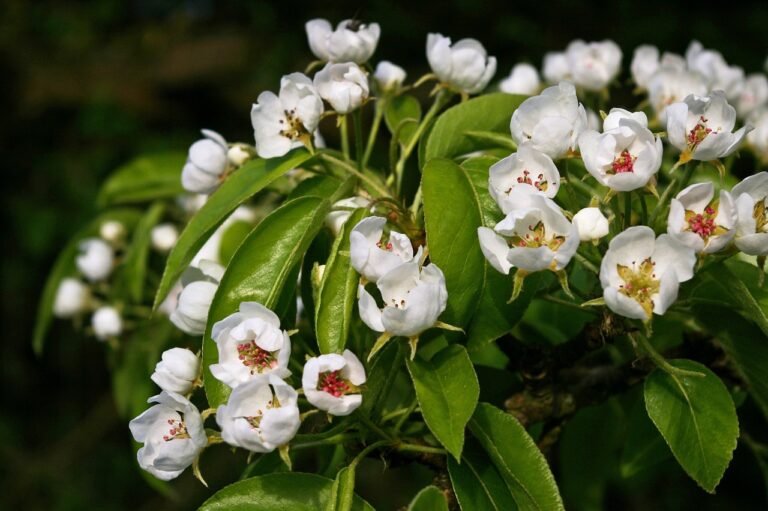Understanding the Benefits of Therapeutic Horticulture in Health
Immersing oneself in the natural world can have profound effects on both physical and mental well-being. Studies have shown that spending time in nature can help reduce stress, lower blood pressure, and boost the immune system. The sights, sounds, and smells of the outdoors have a calming effect on the body, leading to improved overall health.
Furthermore, being in nature encourages physical activity, whether it’s hiking, gardening, or simply taking a leisurely stroll. Regular exposure to fresh air and sunlight can also contribute to a better night’s sleep, which is crucial for maintaining good health. The healing power of nature is truly remarkable, offering a holistic approach to wellness that is easily accessible to all.
Promoting Physical Well-being through Gardening
Gardening is not just a hobby; it is an activity that can significantly impact physical well-being. The act of tending to plants, digging in the soil, and engaging in various gardening tasks can provide a great workout for the body. From planting seeds and weeding to watering and harvesting, these activities involve a range of movements that can help improve muscle strength, endurance, and flexibility.
In addition to the physical benefits of gardening, spending time outdoors in the fresh air and sunlight can also contribute to overall well-being. The exposure to natural light can help regulate circadian rhythms and improve sleep quality, while fresh air can enhance lung function and boost immunity. Furthermore, being surrounded by greenery and nature while gardening can reduce stress levels, lower blood pressure, and promote relaxation, leading to a healthier mind and body.
Enhancing Mental Health with Horticultural Therapy
Spending time immersed in nature has long been recognized for its positive impact on mental health. Gardening, in particular, has shown to be a therapeutic activity that can help individuals cope with stress, anxiety, and depression. The act of nurturing plants and watching them grow can provide a sense of accomplishment and purpose, boosting self-esteem and overall well-being.
Horticultural therapy, a practice that involves engaging in gardening activities under the guidance of a trained therapist, has been found to be especially beneficial for individuals struggling with mental health issues. This structured approach allows participants to connect with nature, cultivate resilience, and develop coping mechanisms. The hands-on nature of horticultural therapy encourages mindfulness and promotes relaxation, offering a therapeutic outlet for processing emotions and fostering personal growth.
What is horticultural therapy?
Horticultural therapy is a form of therapy that uses gardening and plant-related activities to improve mental health and well-being.
How does nature help in promoting mental health?
Being in nature has been proven to reduce stress, anxiety, and depression while improving overall mood and cognitive function.
Can gardening help with physical health as well?
Yes, gardening can promote physical well-being through activities such as planting, weeding, and harvesting, which can improve strength, flexibility, and cardiovascular health.
What are some benefits of horticultural therapy for mental health?
Some benefits of horticultural therapy for mental health include reduced symptoms of anxiety and depression, improved self-esteem, increased sense of purpose, and enhanced overall well-being.
How can one get involved in horticultural therapy?
One can get involved in horticultural therapy by participating in programs offered by mental health facilities, community gardens, botanical gardens, or horticultural therapy organizations.







